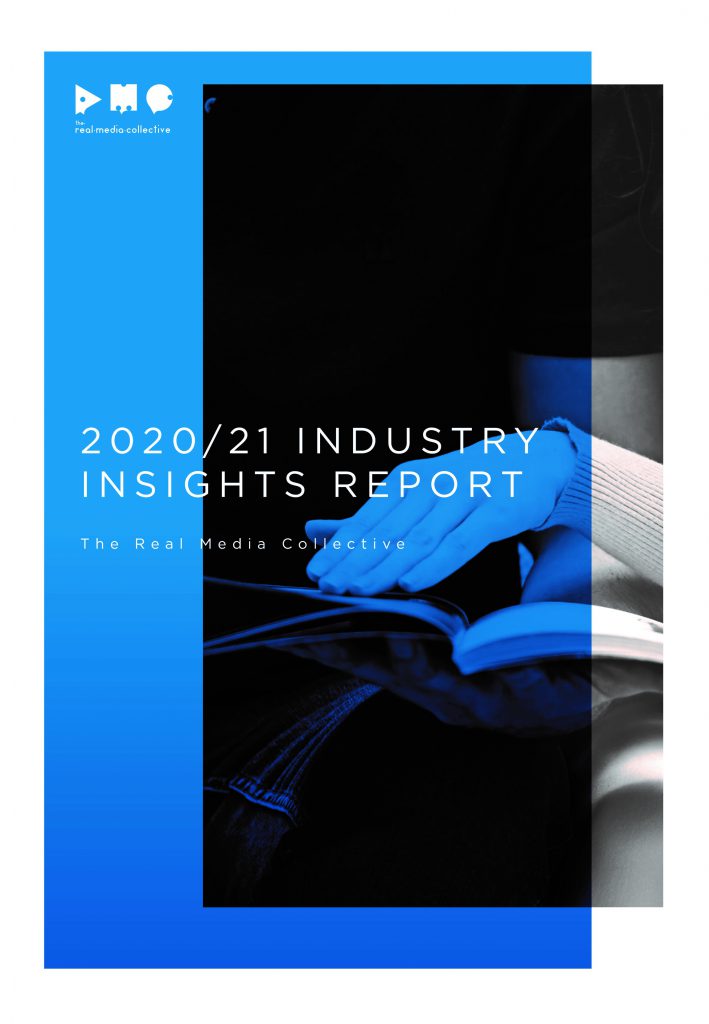
The results of an industry survey launched by The Real Media Collective last year shows the staggering impact COVID-19 had on print-related businesses, including printers, publishers, mail-houses and distributors, in Australia and New Zealand.

The survey found that over 90 per cent of Australian businesses suffered significant impact due to the pandemic with each suffering an on average 55 per cent downturn.
Of these, 72 per cent reported having debtor related issues.
In New Zealand, there was a reported average downturn of 37.2 per cent with 70 per cent of companies reducing their hours and 16.7 per cent of the industry’s workforce made redundant.
“We know what we all endured last year and what we are still recovering from. This pandemic has hit the manufacturing sectors incredibly hard and none more so than the print and related industries,” The Real Media Collective CEO Kellie Northwood said.
“Furthermore, as a low margin to output ratio, our recovery is delayed by the recovery of our customers compared against high-margin industries. As industries such as Tourism, Retail and Hospitality recover our sector recovers slowly behind.”
Paper demand down 34%, or 160,000 tonne, in COVID
The report also points to a startling decline in imported and locally produced paper grades, which it attributes to a rise in printers using house or floor stock to complete jobs at the height of the pandemic.
“The total Australian market of Fine paper imports and locally produced grades reduced by 159,258 tons between 2013 and 2019 as an average across all grades, however most notably from the previous twelve (12) months there has been a decrease of approximately 160,000 tons and throughout COVID-19 a stall of all graphic paper grades,” the report found.
“New Zealand has remained relatively stable across light-weight coated (LWC), supercalendered (SC) and wood-free coated reels, however wood-free coated sheets appear to have had the highest volume decline.”
Northwood said: “Through engagement with our members we noted many printers utilised ‘house’ or ‘floor stock’ within their factories to reduce inventory and manage slowed supply chains as operational uncertainty and future planning was unclear. This halted orders and has impacted the import figures dramatically.”
Slow recovery predicted
Northwood said future projections indicate a slow recovery from March, but she adds the the true impact will be determined in a more efficient recovery from 2022.
“TRMC is monitoring the current pulp price increases, delayed shipping pressures of paper and ink supplies and providing insight papers for members to manage their supply chain solutions,” she said.
Australian Made campaign
Northwood also reports that TRMC has written to all federal, state and local governments to highlight the need to have all print work redirected to local manufacturing.
“We have been pleased with the government responses confirming their policies and amended practices, they are also keen to learn about the environmental credibility of paper and print, as this was a message many were unaware of,” Northwood says.
“It has been a strong educational journey as well as an opportunity to present the importance of local manufacture. We are now preparing to review the opportunity through Freedom of Information channels on the procurement practices and look to print management models that do not point to local manufacture as a critical KPI in contract management,” she said
“The Industry Insights reporting structure has also been valuable to assist government when understanding the challenges our industry faces, we have started this collection of metrics and now need to continue the process.”
A new March survey is being released to continue tracking the COVID Impact and industry recovery – to respond to the survey please follow this link.
Comment below to have your say on this story.
If you have a news story or tip-off, get in touch at editorial@sprinter.com.au.
Sign up to the Sprinter newsletter

